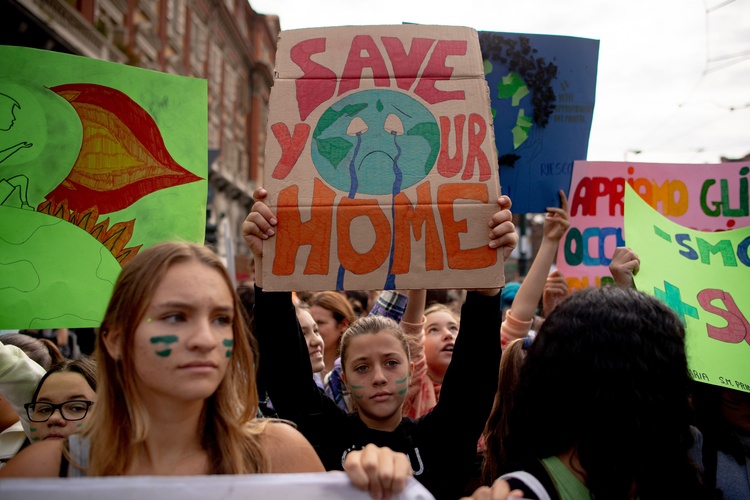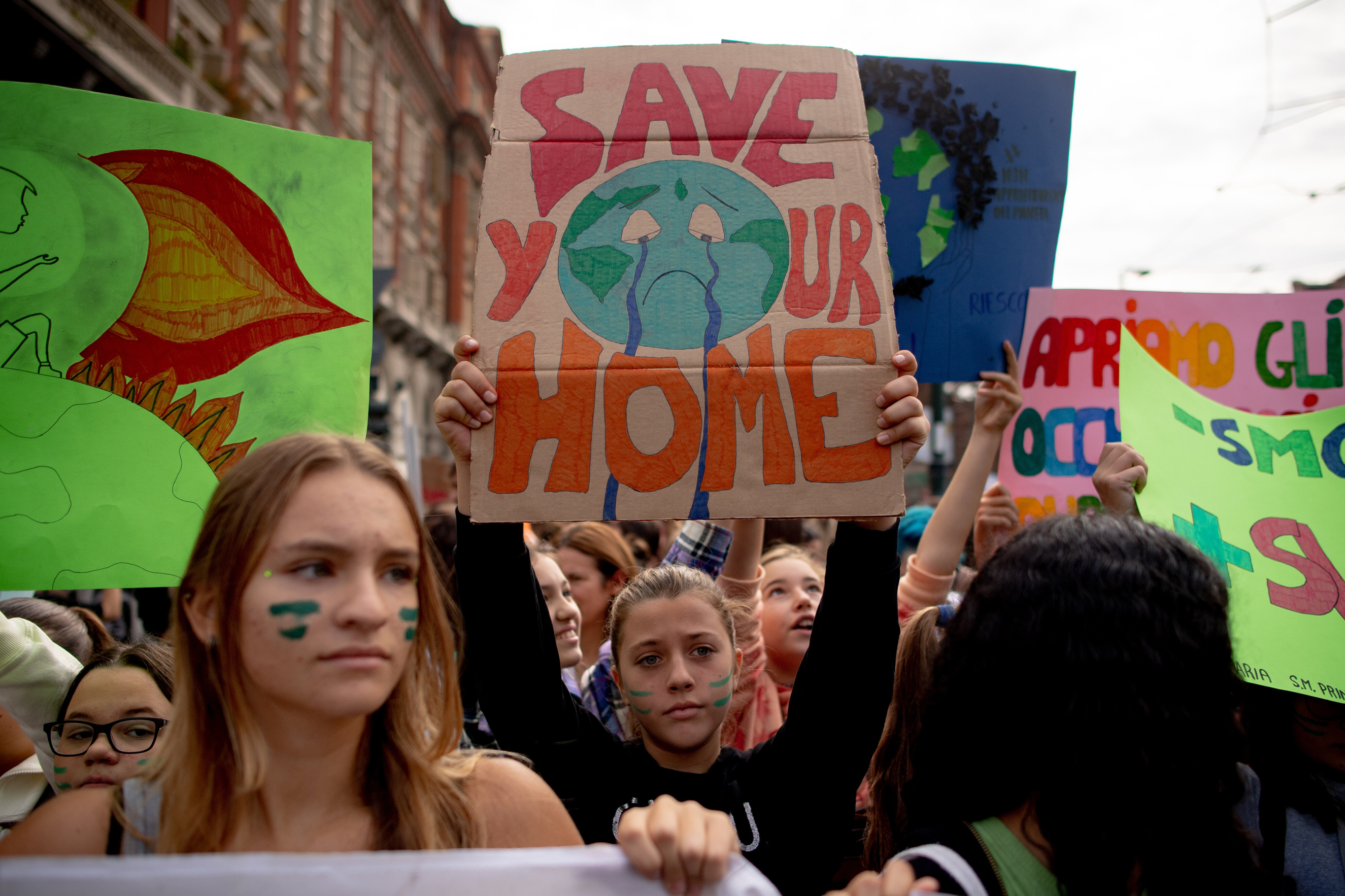2022 has so far been the hottest year in Italy since records began in 1800, the National Research Council (CNR) said on Wednesday.
Average temperatures have been 0.96 degrees Celsius above the average of the thirty-year period between 1990 and 2020, the CNR said.
Bernardo Gozzini, director of the LaMMA environmental monitoring and modelling consortium, said the biggest rise was in temperature highs, which showed a gain of 1.2 degrees Celsius, while the lows were the third hottest on record.
This news arrives amidst Rome prosecutors opening several criminal probes into a series of road-block protests that the Ultima Generazione group has staged in Rome in recent months to highlight the need to combat the climate crisis.
The protests on busy highways in rush-hour traffic have repeatedly caused massive disruption and often provoked angry reactions from the motorists affected.
The probes may be brought together into a single investigation into felonies such as the interruption of a public service and holding an unauthorized demonstration.
Ultima Generazione is demanding the immediate halt to the reopening of decommission coal plants and the scrapping of new gas-drilling projects in Italy.
It also wants the government to take action to increase the energy generated by renewables in Italy by at least 20GW each year.
Ultima Generazione is part of the A22 network of climate civil-disobedience groups active in several countries, such as Just Stop Oil in the UK, Stop Old Growth in Canada, Derniere Renovation in France and Declare Emergency in the United States.
In other climate related news, on Wednesday, the mayors of nine Italian cities, Bergamo, Bologna, Florence, Milan, Padua, Parma, Prato, Roma and Turin, presented their plans to become smart, climate neutral cities by 2030 after being among 100 selected to take part in an ‘EU Mission’ to achieve this end by the European Commission.
The aim is slash carbon emissions, offering cleaner air, safer transport and less congestion and noise to citizens, all with the help of technological innovation.
Indeed, the idea is that these cities will act as experimentation-and-innovation hubs, providing models that will make it possible for all European cities to follow suit by 2050.
“These cities will be authentic innovation workshops for the ecological transformation of urban areas,” said Infrastructure and Sustainable Mobility Minister Enrico Giovannini.
“The efforts will be decisive in order to experiment decarbonisation solutions that can be extended to other cities.”











